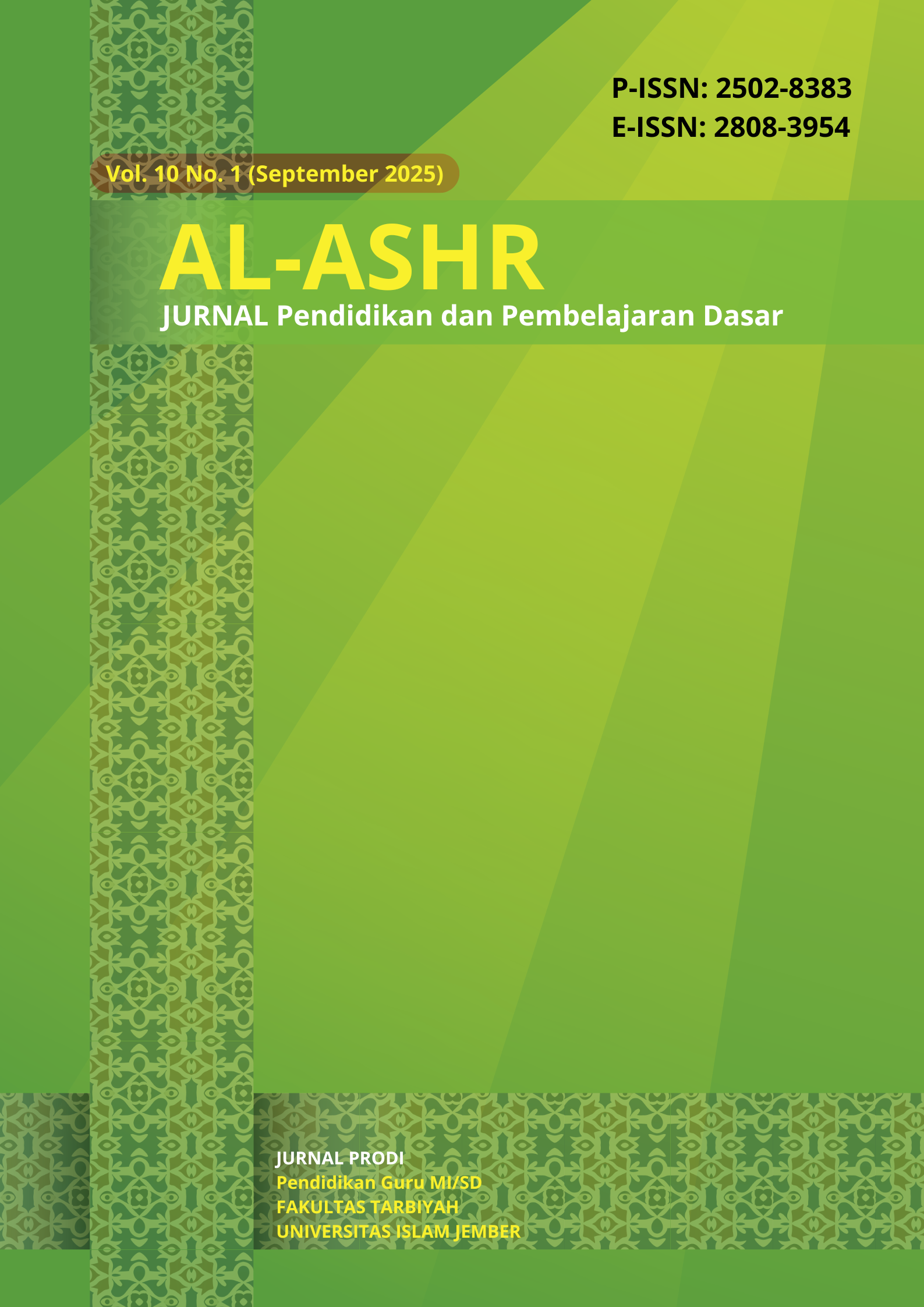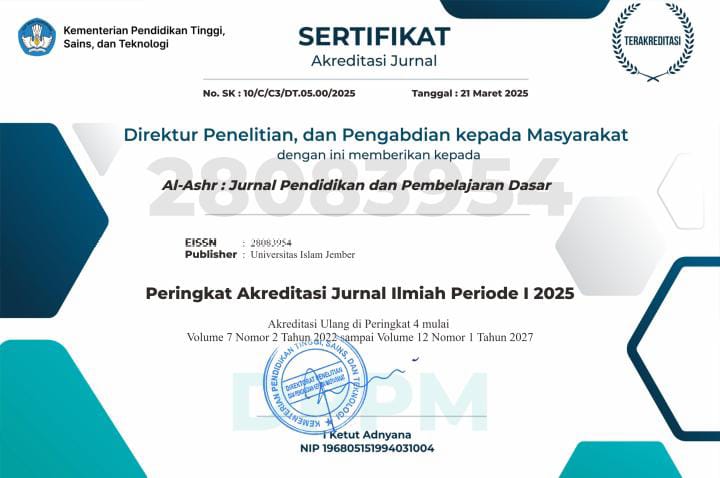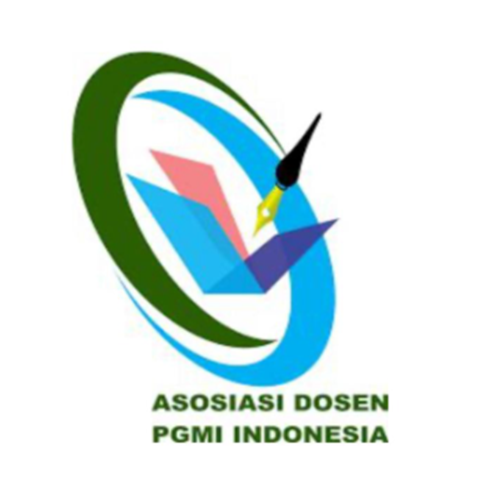TRANSFORMING MICROTEACHING WITH VIRTUAL REALITY: IMPACTS ON PRE SERVICE ELEMENTARY SCHOOL TEACHER EDUCATION STUDENTS PEDAGOGICAL SKILLS
DOI:
https://doi.org/10.56013/alashr.v10i2.4656Keywords:
virtual reality; microteaching; pedagogical competence; technology acceptance; pre-service teachersAbstract
This study explores the integration of Virtual Reality (VR) in microteaching to enhance the pedagogical competence of pre-service teachers. Grounded in the Technology Acceptance Model (TAM), the research examines the influence of perceived ease of use (PEOU) and perceived usefulness (PU) on pedagogical development during immersive teaching simulations. A quantitative explanatory approach was employed, involving 60 undergraduate students from the Elementary Teacher Education Program at the University of West Sulawesi, Indonesia. Data were collected through structured questionnaires and analyzed using Partial Least Squares Structural Equation Modeling (PLS-SEM) via SmartPLS 4.0. The findings revealed that both PEOU and PU significantly and positively influence pedagogical competence, with PEOU demonstrating the strongest effect. Additionally, PEOU strongly predicted PU, reinforcing the central relationships outlined in TAM. The model accounted for 82.8% of the variance in pedagogical competence, indicating substantial predictive power. These results support the application of VR as an effective tool in teacher preparation, particularly in bridging the gap between theoretical knowledge and real classroom practice. It concludes that microteaching supported by virtual reality not only fosters instructional skill development but also promotes technology acceptance among pre-service teachers. Implications for curriculum design and teacher training in rural contexts are discussed.
Downloads
Published
How to Cite
Issue
Section
License
Copyright (c) 2025 Al-Ashr : Jurnal Pendidikan dan Pembelajaran Dasar

This work is licensed under a Creative Commons Attribution-ShareAlike 4.0 International License.














